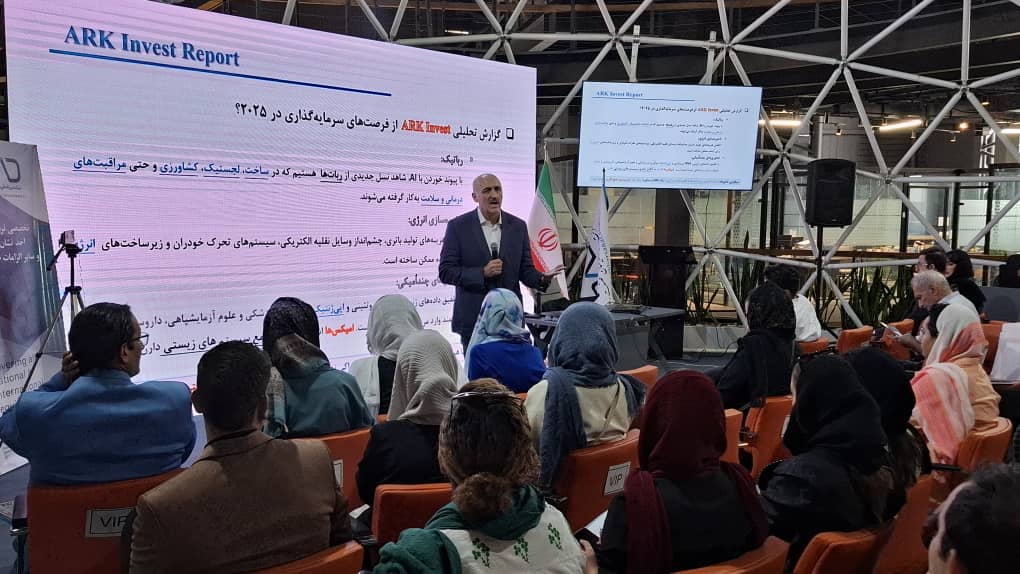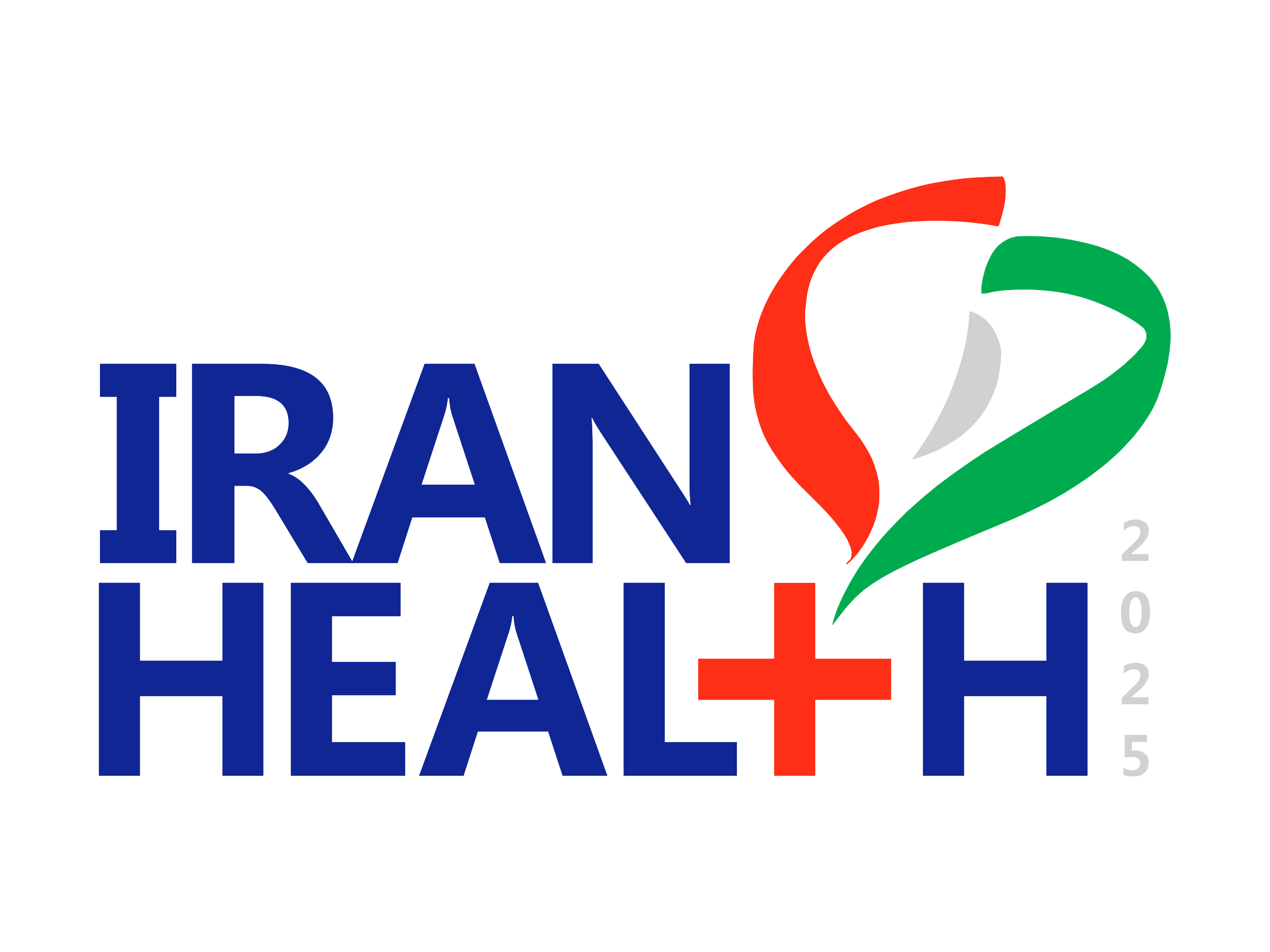Artificial Intelligence in Healthcare Must Keep Pace with Regulation

June 10, 2025 – At the “AI in the Pulse of Medical Equipment” panel and training session, organized by the Iranian Syndicate of Medical Equipment Exporter, Gholamreza Azimi emphasized that while artificial intelligence is now capable of significantly reducing diagnostic and therapeutic errors in healthcare, regulators must not lag behind these technological advancements.
Azimi pointed out that there are three key management standards that professionals need to understand, highlighting the importance of evaluating the systems in use and their respective benefits and risks. He referenced the growing influence of AI in healthcare since the 1970s, including its role in bacterial infection diagnostics, drug development, and vaccine design, such as for HIV.
He noted that AI is revolutionizing diagnostics, particularly in reducing medication dosage errors and optimizing treatment pathways. Sharing a personal experience, Azimi described how a virtual assistant provided critical treatment information for his mother’s breast cancer, outperforming traditional consultations by referencing protocols and accumulated expertise.
Azimi stressed the transformative power of smart tools that can transmit patient data in real time to central platforms, enabling algorithms to learn from vast datasets and improve diagnostic accuracy. He also referenced the successful use of language models like GPT by pathologists in Lorestan for more precise pathology reports, and sonographers who now detect smaller stones with the help of AI.
He cautioned that while many clinicians remain skeptical, his own experience showed that AI systems, when provided with comprehensive data, can generate more effective treatment plans than those relying solely on physician memory. Azimi urged the acceptance of AI tools among medical professionals, which would encourage investors and health sector stakeholders to advance a comprehensive digital health ecosystem.
He further explained that AI processes—from data input to output—are managed through complex matrices and algorithms, requiring robust computational infrastructure and strong collaboration among ministries to integrate hospital information systems (HIS). Although challenges such as data privacy remain, Azimi emphasized that they must not hinder technological progress.
He concluded that, if health technologies are reported accurately and media coverage remains focused, artificial intelligence can transform the healthcare system and drive meaningful change across the sector.
